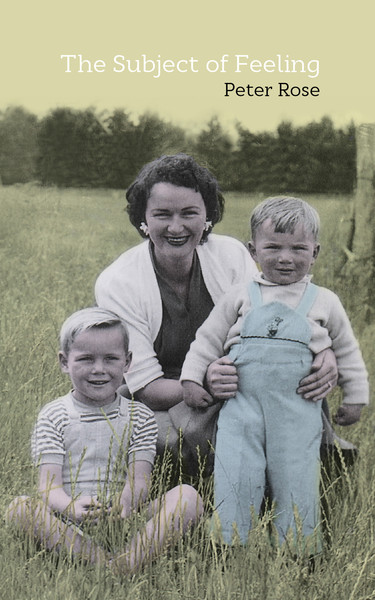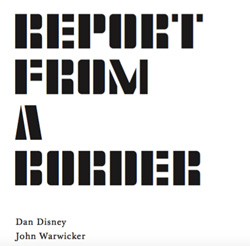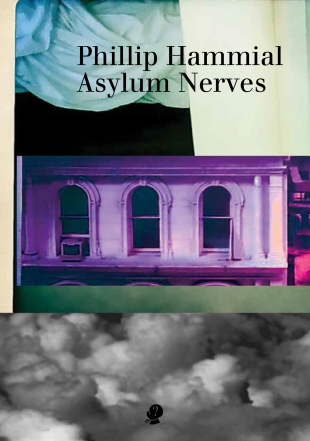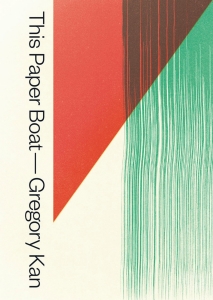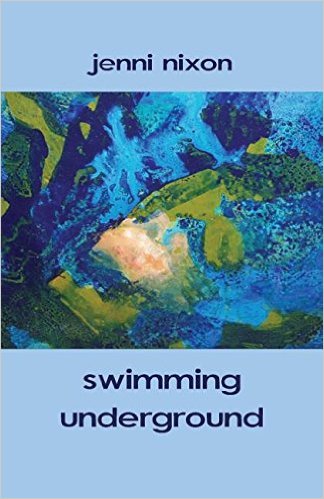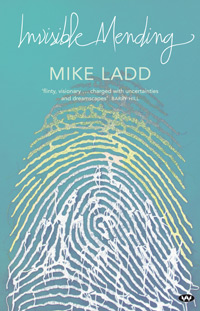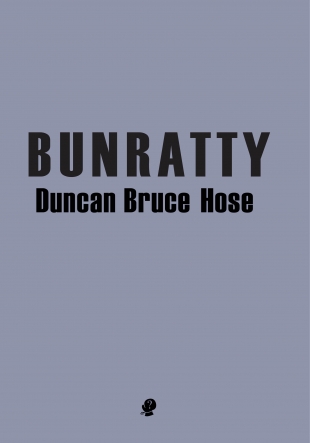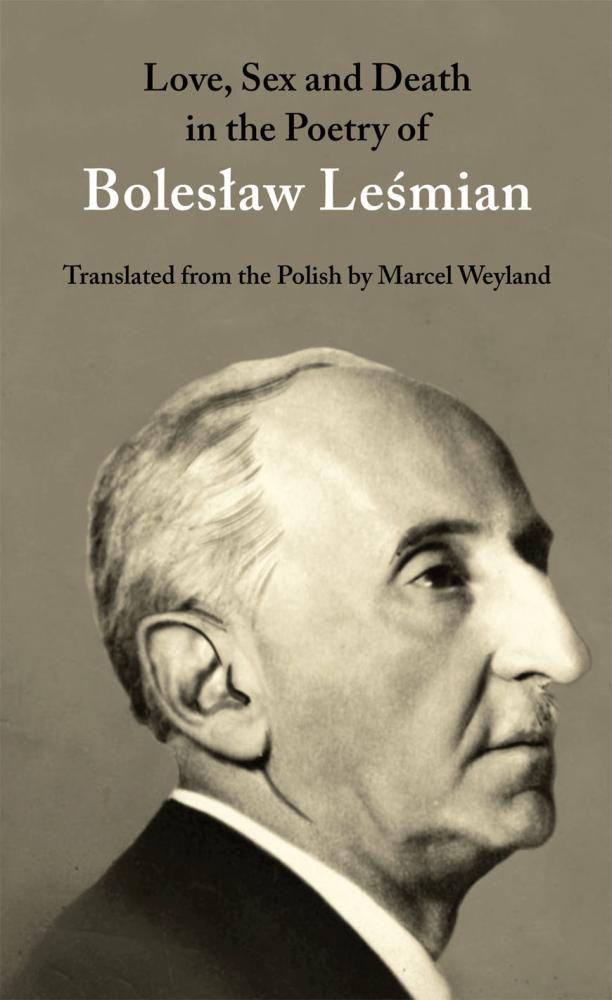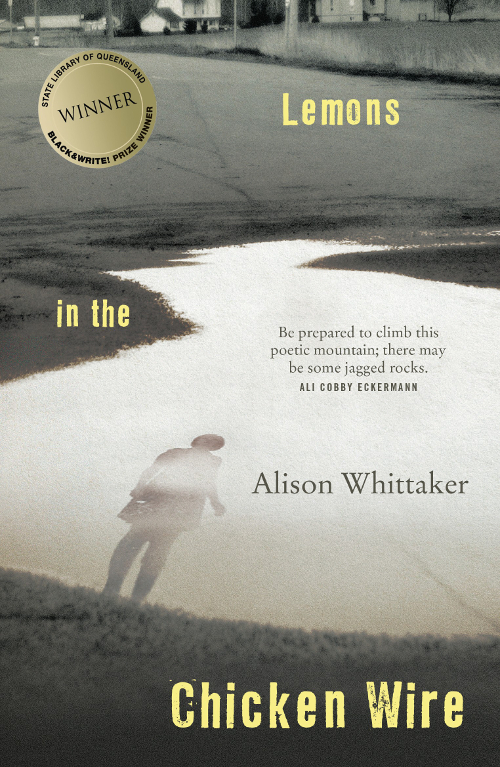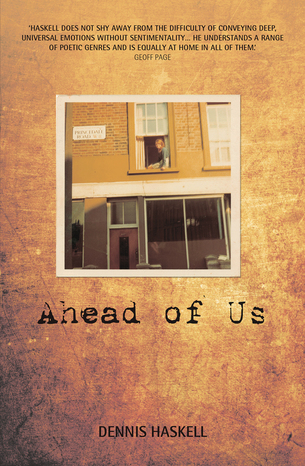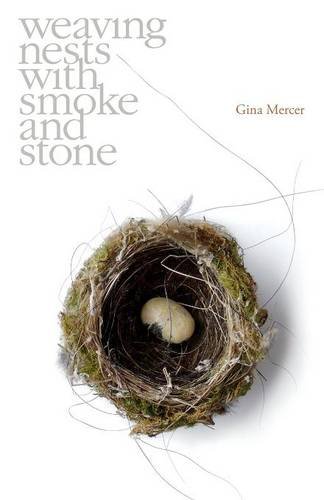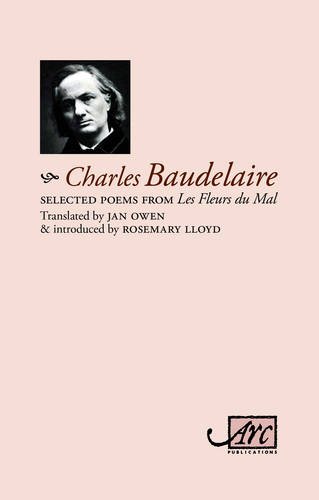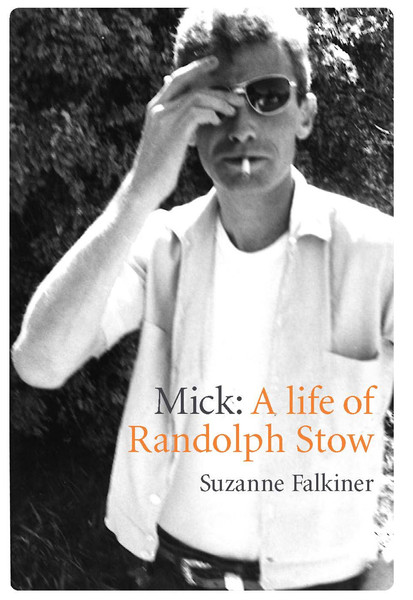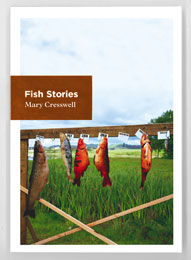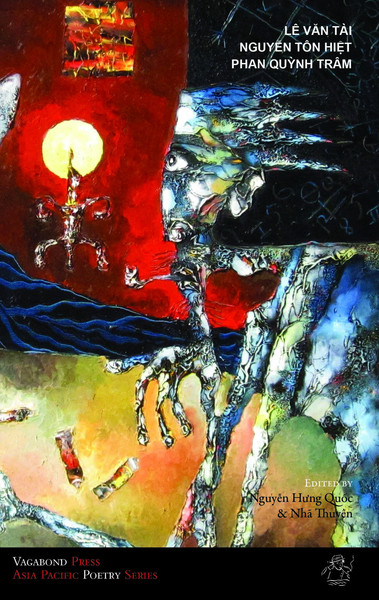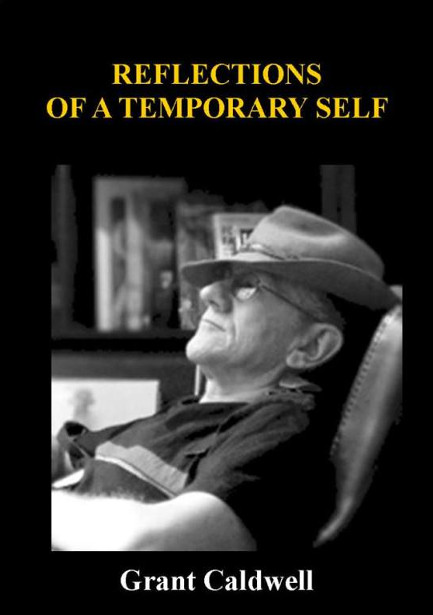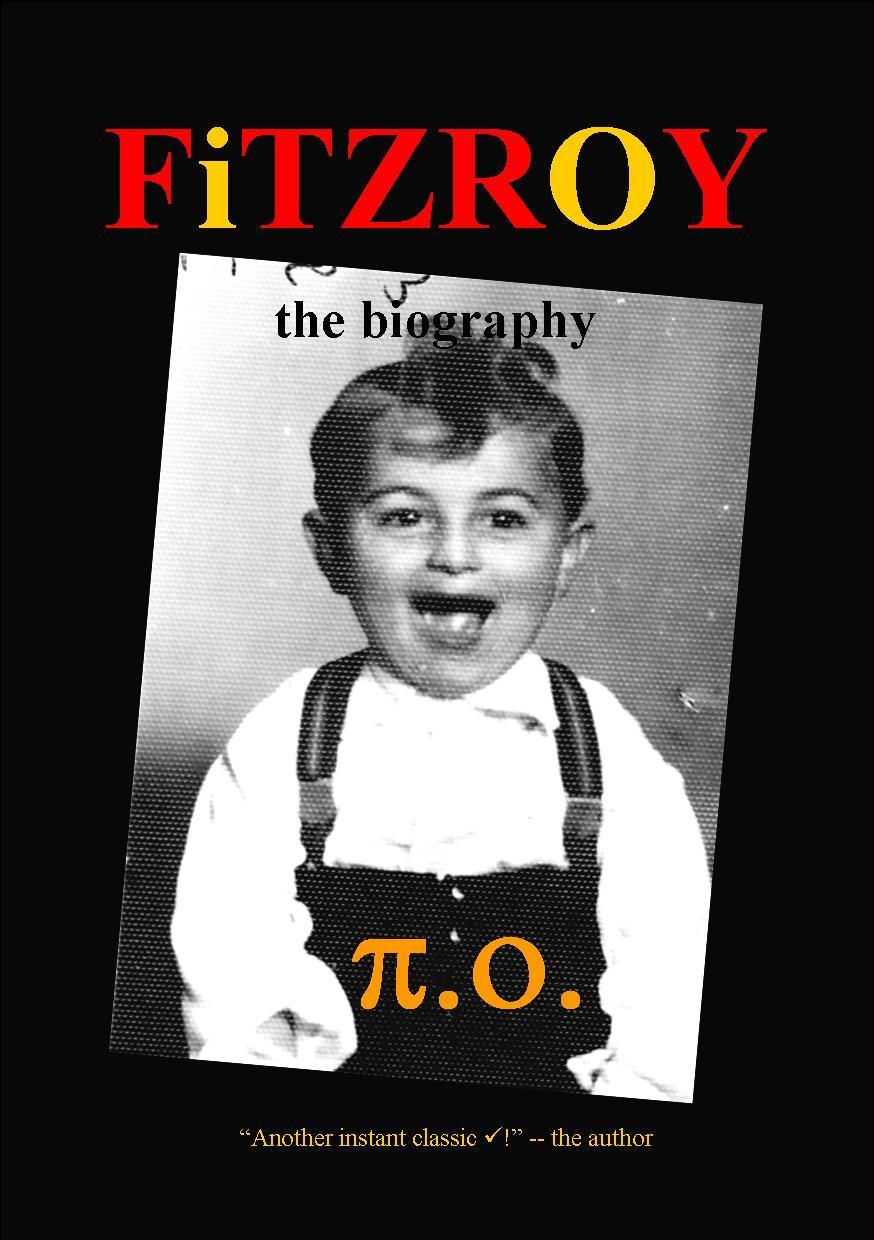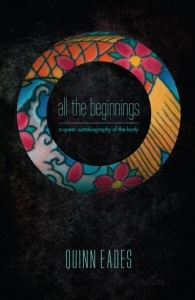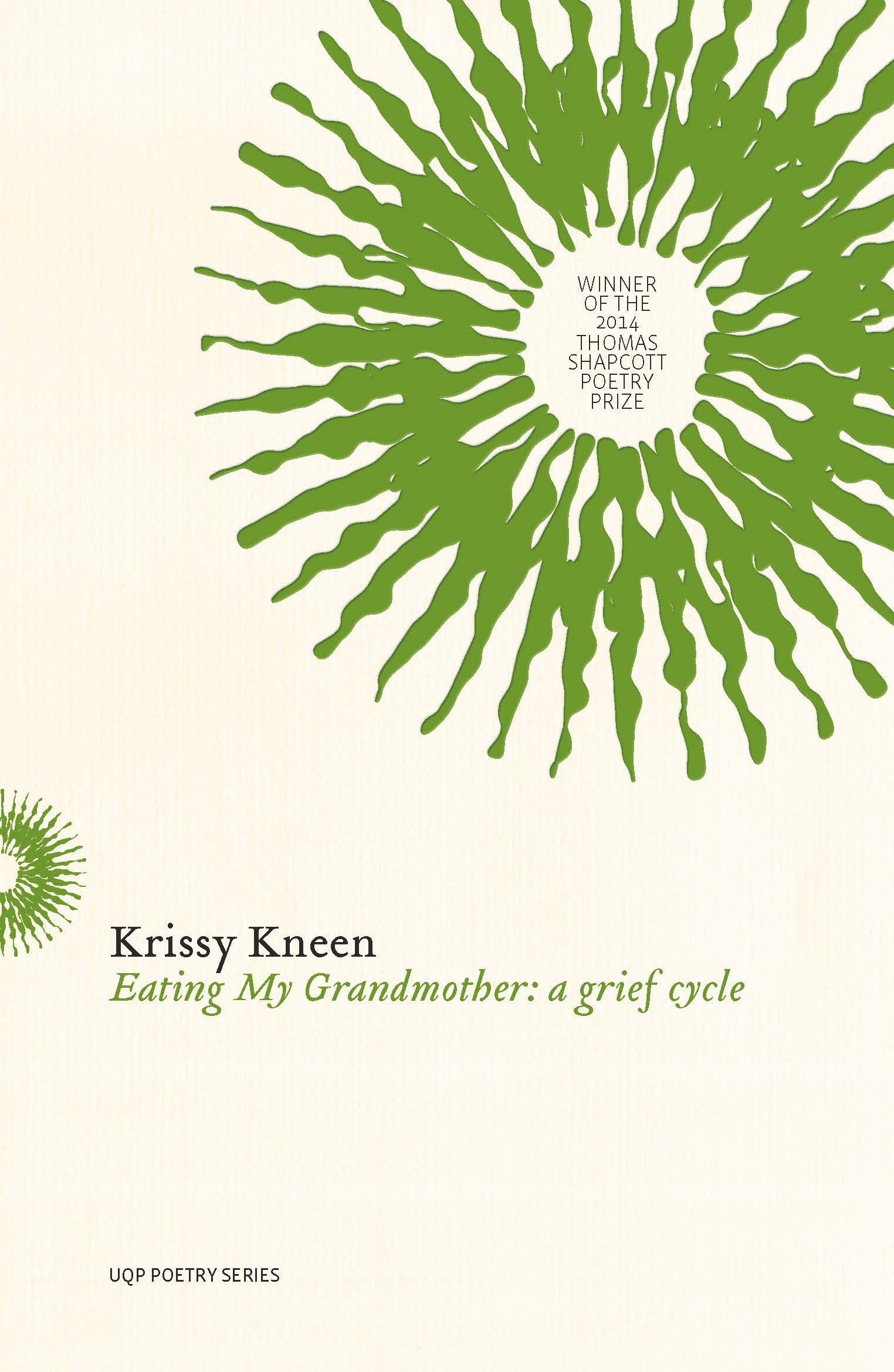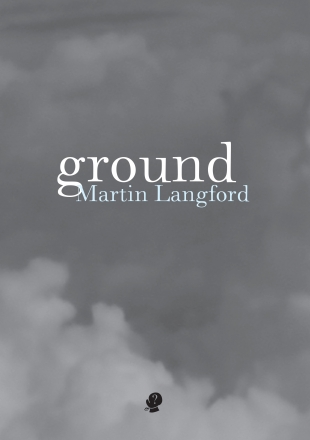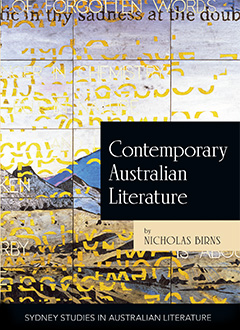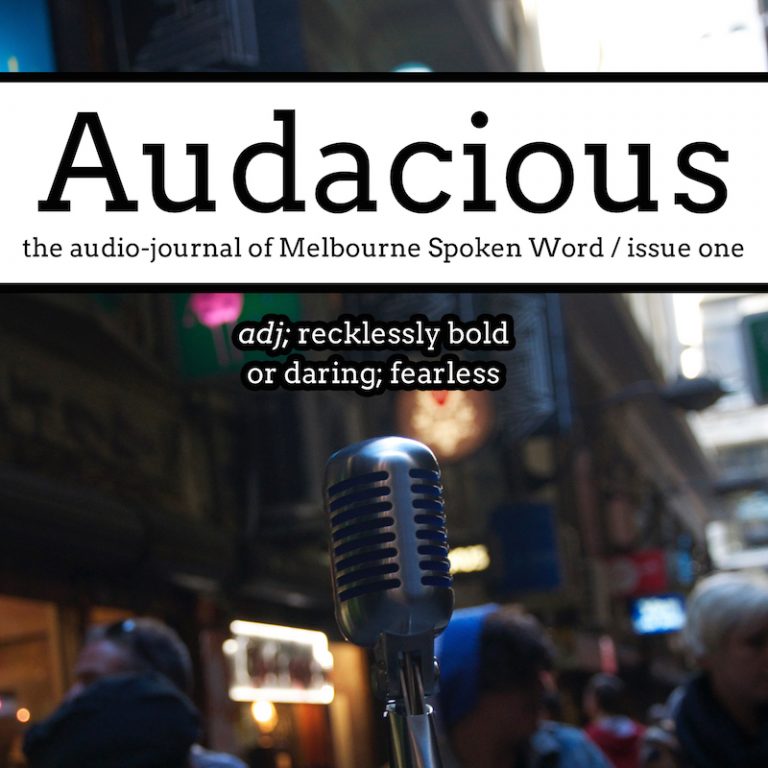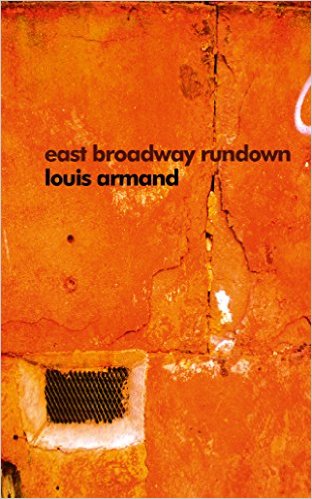BOOK REVIEWS
Review Short: Peter Rose’s The Subject of Feeling
From the beginning of the latest work by Peter Rose, the reader is given the impression of an unfolding tableau or score, the creases and outlines of which to be generously shared. A sense of intimacy is engendered from the outset: we are let in on the scales and arpeggios that a musician practises, as if each poem, or note that it reaches, ‘might lead somewhere / or fail to ascend.’
Caren Florance Reviews Dan Disney and John Warwicker
The book starts with a full stop. It orders me to stop before I begin. On the next page there is a font that looks like a zebra crossing. It straddles the page spread, white shapes on flat black. I stop, looking hard at the letters to make sense of them, and then realise what they’re saying: WALK WALK STOP! I’ve followed orders; how biddable of me. I move on, turning the page. There’s another black expanse: it says WALK in the same font, followed by a full stop. I guess I have permission to move on. So far, so good.
Michael Farrell Reviews Philip Hammial
Poems don’t need condescension any more than we do. If we pick up a book and the poems come to life only at a certain page, maybe it’s our brain that needed a refresh. Philip Hammial is certainly up for a refresh of everyday culture: of foodie-ness, for one, such as in the high school project scene of ‘The Float’, where food is garbage and his art teacher gives him an A; or the vegetables of death in ‘The Vehicle of Precious Little’. There are enough stories in his poetry – represented here through a selection from twenty-five collections – to replace a whole bookshelf of novels.
Brigid Magner Reviews Gregory Kan
Iris Wilkinson (also known as Robin Hyde), a pioneering poet, novelist and journalist, has influenced many New Zealand writers since her death in 1939. Hyde’s writing has been extensively mined by scholars – especially her diaries and letters – due to their immense readability and colourful subject matter, including details of her struggles with mental illness, her love affairs and her two children born out of wedlock. This Paper Boat is an homage with a difference. Gregory Kan, a young New Zealand poet whose background is Singaporean, traces his own history through that of Wilkinson.
Review Short: Mike Ladd’s Invisible Mending
Adelaide poet, Mike Ladd, is best known for his long-running Poetica program on the ABC’s Radio National (eighteen years all up before its casual destruction in 2014). The breadth of taste and openness to a wide range of influences Ladd displayed in Poetica is also to be found in Invisible Mending, his first poetry collection since Transit in 2007.
Michael Aiken Reviews Duncan Hose
The bio of Duncan Bruce Hose describes the Australian poet as coming from ‘the softslang line of the chansonnier, whose reference points range between Trefoil Island, Melbourne and Coney Island.’ In Bunratty, his third collection, that ‘softslang line’ delivers a suite of deftly composed (post)modernist folk songs, characterised by a highly idiosyncratic orthography and a preoccupation with sex and booze.
Review Short: Love, Sex and Death in the Poetry of Bolesław Leśmian, Translated by Marcel Weyland
In this new collection of translations, Marcel Weyland acquaints contemporary readers with Boleslaw Leśmian (1877-1937). The book makes us witness to the self-construction of an early twentieth century ‘outsider’ poet who won’t hesitate to invite you into his world. Weyland has taken up the heady task of translating a poetry that is difficult in its original form. Leśmian is celebrated for his creative morphing of language, playing with rhythm, and inventing of words in Polish.
Caitlin Maling Reviews Alison Whittaker
Gomeroi poet Alison Whittaker’s debut collection Lemons in the Chicken Wire is a necessary addition to contemporary poetry. Deftly handled at both the level of the poem and the book, Whittaker’s work introduces us to the worlds of queer Aboriginal women living on the rural fringe of New South Wales.
Review Short: Dennis Haskell’s Ahead of Us
‘Her absence is like the sky, spread over everything,’ wrote C. S. Lewis in a work of prose, published soon after his wife died. Under such conditions poets are apt to explore their grief by way of lyricism, and, while it is uncommon in the Australian context, recent years have seen several international male poets producing collections in just these circumstances. From the United Kingdom, for instance, we have Douglas Dunn’s Elegies and Christopher Reid’s A Scattering, and, from the United States, Donald Hall’s Without.
Review Short: Gina Mercer’s weaving nests with smoke and stone
Gina Mercer’s latest collection, weaving nests with smoke and stone, is a delicate assembly of sights and sounds, visually rich and focused on the natural. Mercer’s repetition of the word ‘fossick’ throughout the collection aptly summarises the poetic processes involved. This is a collection of quick, searching movements. Lyrically deft, musical and richly preoccupied with natural elements, the poems construct meeting points for nature and humanity, ceding more and more with each piece along the way.
Dominique Hecq Reviews Charles Baudelaire: Selected Poems from Les Fleurs du Mal
Les Murray endorses Jan Owen’s translation of Charles Baudelaire’s Selected Poems from Les Fleurs du Mal (1857) on the book’s back cover: ‘Jan Owen’s Baudelaire brings the French conjuror closer to me than any version I’d ever read.’ Although we could take umbrage to the term ‘conjuror’ being used in relation to Baudelaire, it is, on closer reflection, quite apposite. In fact it may apply to the French poet as well as his Australian translator, for both are magicians in their own way. Given Baudelaire’s impact on Anglophone poetry, poetics, and criticism, he needs no introduction to many readers of Cordite Poetry Review.
Phillip Hall Reviews Mick: A Life of Randolph Stow
Suzanne Falkiner describes her aim in writing this biography of Randolph Stow as being ‘to contextualise the [literary] works within the broad arc of Stow’s life’. She notes that Stow’s desire for an ‘authorial invisibility – and an accompanying silence – extended to a desire for a chameleon-like camouflage in his personal life’. This camouflage included a retreat from Australia and ‘from the world of published books, in a gradual progression towards silence and into a richer inner landscape’. But, Falkiner shows, this ‘richer’ inner life was always plagued by depression (and one serious suicide attempt), a one-time addiction to prescription drugs, a very complicated (dependency) relationship with alcohol, a fear of madness and a failure to establish long term sexual relationships and to acknowledge and accept his sexuality.
Andy Jackson Reviews Mary Cresswell and Natasha Dennerstein
In a recent essay for the London Review of Books, Ben Lerner provocatively suggested that the reason that we dislike poetry (as Marianne Moore does in her infamous ‘Poetry’, which begins ‘I too dislike it’) is that all poems are failures. Each poem is an attempt to translate experience, research, idea or desire into language, and in that leap something is invariably lost – and, I would say, gained – because success is not the polar opposite of failure, but its way of proceeding. The success of a collection of poetry depends upon how the poet, rather than denying this inevitable ‘failure’, acknowledges and incorporates it.
Tim Wright Reviews Lê Văn Tài, Nguyễn Tôn Hiệt & Phan Quỳnh Trâm, Edited by Nguyễn Hưng Quốc and Nhã Thuyên
The academic Michael Jacklin who launched the present collection, has written that there is ‘ongoing neglect of literature produced in Australia in languages other than English,’ citing as one example the Australian-based, international journal of Vietnamese writing Tien Ve, which appears to be little known in Australian poetry circles.
Michael Farrell Reviews Grant Caldwell
Publishing a selected poems is an act of confidence. While no one who writes poems would want to be judged on their worst effort, a selection suggests these are the poems that – if readers must judge – the poet be judged upon. The act is, however, doubly denied by Caldwell in the qualified title, Reflections of a Temporary Self, and by the front cover author photo: is he asleep or isn’t he? The I-don’t-necessarily-give-a-fuck attitude is part of the package. I qualify the attitude because Caldwell, in producing an eighth book (consisting of poems from six previous books and new poems), clearly does give one.
Review Short: Π.O.’s Fitzroy: the biography
For Π.O., ‘Fitzroy is what you, bump into/ when you leave home’ (599). It was outside his family’s first front door after they escaped the Bonegilla migrant reception centre in 1954. After sixty years and homes in other suburbs, it is still the place that his poems gravitate towards. If anyone were to attempt writing the biography of Melbourne’s first suburb, Π.O. is the poet.
Review Short: Quinn Eades’s all the beginnings: a queer autobiography of the body
The world can never be understood in quite the same way after having seen Eades’s ‘body’ written into these pages. It is an intimate connection, sometimes an embracing, but sometimes a turning away from that which feels too exposed but still draws the eye.
Review Short: Krissy Kneen’s Eating My Grandmother: a grief cycle
Eating My Grandmother is the first collection of poems by novelist and short-story writer Krissy Kneen. As its blurb announces, it is a book written out of a sense of necessity: the imperative to record and to make sense of grief. These poems are autobiographical and confessional: their ‘I’ presents itself as the voice of the poet, and a photograph of the poet’s grandmother appears after the last poem.
Autumn Royal Reviews Martin Langford and Dan Disney
Matters of identity in relation to land are a major concern for poets writing in Australia. In the introduction to The Penguin Anthology of Australian Poetry (2009) John Kinsella points out that since its earliest forms Australian poetry expresses ‘a sense of urgency about communicating the uniqueness and significance of the Australian landscape, and the relationship between individuals and community and country/place’.
Bonny Cassidy Reviews Contemporary Australian Literature: A World Not Yet Dead
As Feature Reviews Editor and sometime reviewer for Cordite Poetry Review it is an unusual (and therefore fun) privilege to consider a title in which poetry is critically addressed in the company of other forms. Too often it is it either quarantined within poetry-only criticism, or mentioned as an embarrassing aside to discussions of prose.
Review Short: Audacious 1, Benjamin Solah, ed.
Coming straight at your inner eardrums is the debut volume of Audacious, the audio journal of Melbourne Spoken Word. Like a night at Passionate Tongues, or an afternoon at the Dan, this collection presents a variety of poets at different levels of artistic development. Some are seasoned and in full flight, while others are up-and-comers still finding their voice. In this volume at least, Audacious offers more of the latter.
Review Short: Louis Armand’s East Broadway Rundown and The Rube Goldberg Variations
Louis Armand’s poetry is unbending in its loyalty to the aesthetic and moral responsibilities of the avant-garde. In these new chapbooks, both published by Vlak Records, Armand mines culture for its buried messages, showing how fraught with uncertain track is any search for truth and authenticity in a world made knowable by language.
Matthew Hall Reviews Writing Australian Unsettlement
In his essay on Charles Olson, ‘Open Field Poetics and the Politics of Movement’, David Herd bridges the geopolitical gulf between Hannah Arendt’s conception of ‘statelessness’ and Giorgio Agamben’s ongoing inquiry into the state of exception, biopolitics and nationhood. Herd contends that:
… [f]or complex and evolving reasons, the modern political state has become, by the early part of the Twentieth Century, synonymous with the idea of nation. The consequence of this was that citizenship came to be identified with national affiliation. Simply put, to fall outside of one national jurisdiction was to fall outside of all jurisdictions.

